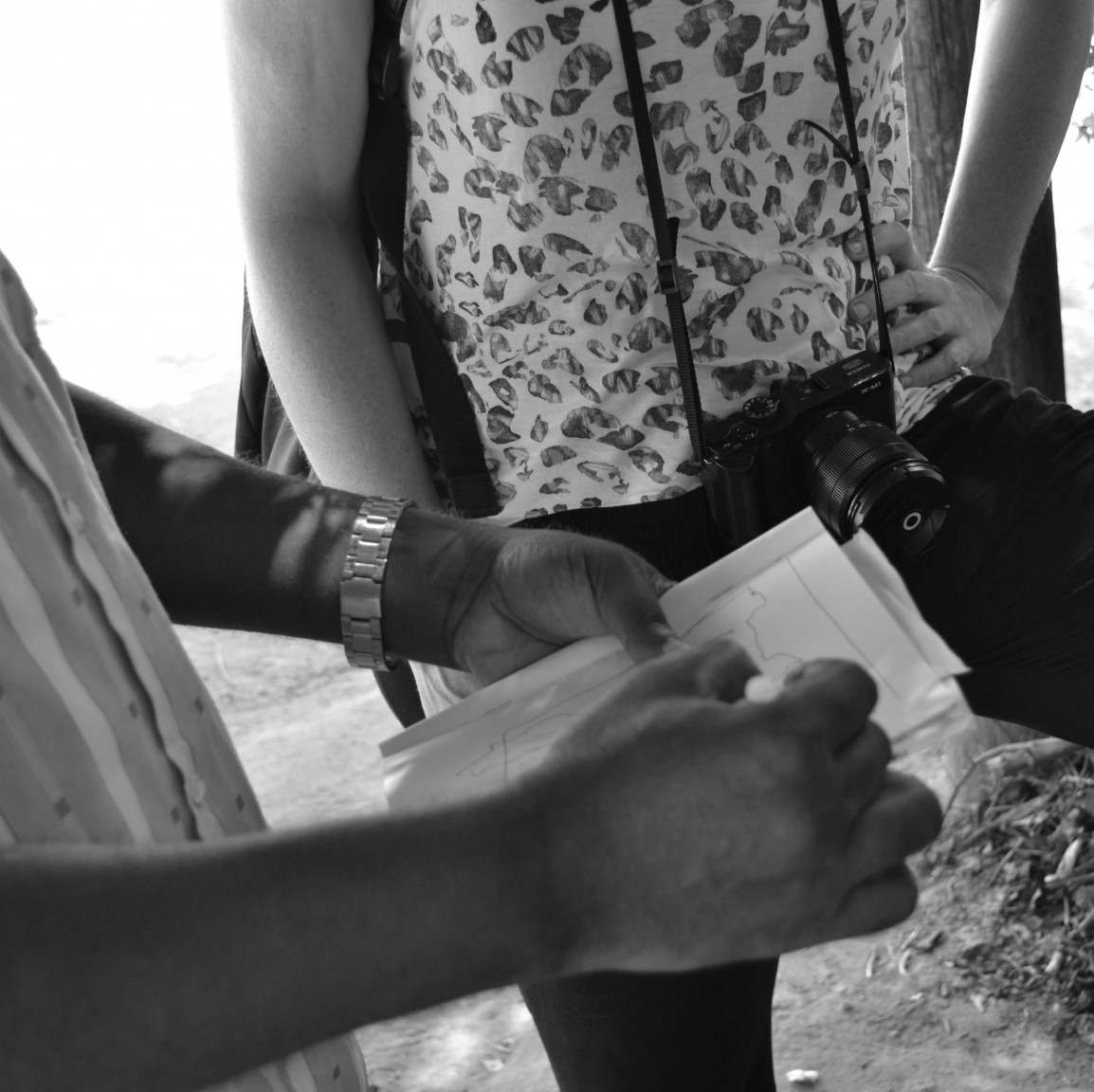
BERLIN – DAR ES SALAAM
Urban heritage: what is it? whose is it?
Who decides what gets to be preserved?
Why do certain places get destroyed?
What tools can we use to document and communicate it?
Between September 2015 and March 2017, a combination of activists, researchers and students have collaborated between Berlin and Dar es Salaam to excavate unseen spatial histories and confronting the implications of the built fabric on local residents.
‘from below’
“Heritage” is often understood from an institutional point of view –a label attributed to specific buildings and sites for their “historical value” by international organisations like UNESCO or ICOMOS.
What historical values do we look at? What do they represent, and how to handle preservation / demolition (sometimes even: erasure)?
Simulizi Mijini is inspired from a rights-based approach to heritage: right to access public spaces, right to representation and commemoration for minorities, right to consider immaterial traditions as cultural values… Urban Narratives should develop beyond Europe and North America, focusing on East Africa and particularly Dar es Salaam, can introduce different (comparative) perspectives on the formats and aspects of urban heritage.
resources
An unfinished index of references for cognitive mapping, representing the city from below, and visualising urban narratives. Tell us about yours using the contact form below!
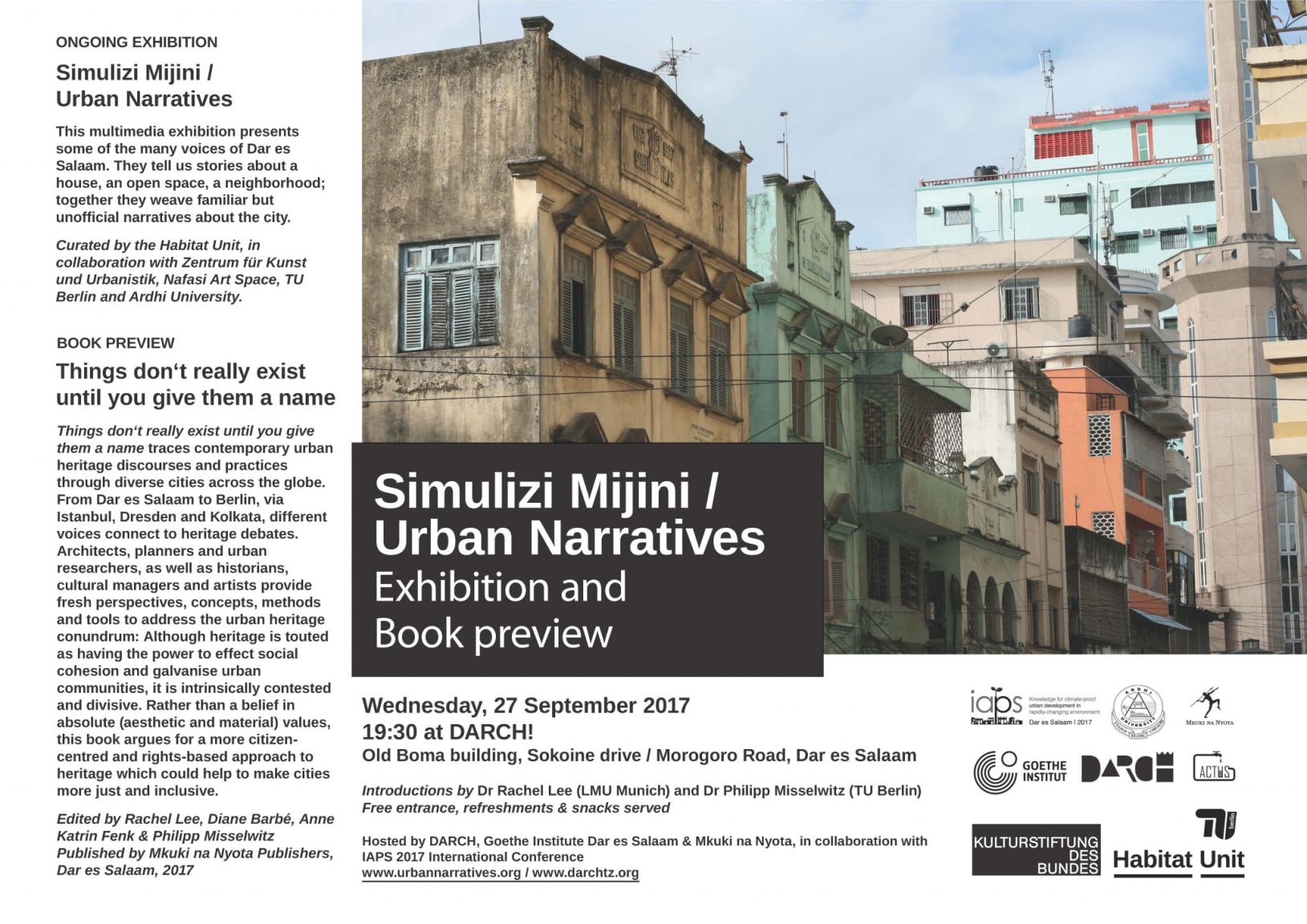
BOOK LAUNCH: THINGS DON’T REALLY EXIST UNTIL YOU GIVE THEM A NAME
Artists, scholars and urban activists debate the question of heritage in cities across the world, from Dar es Salaam to Berlin in this ...
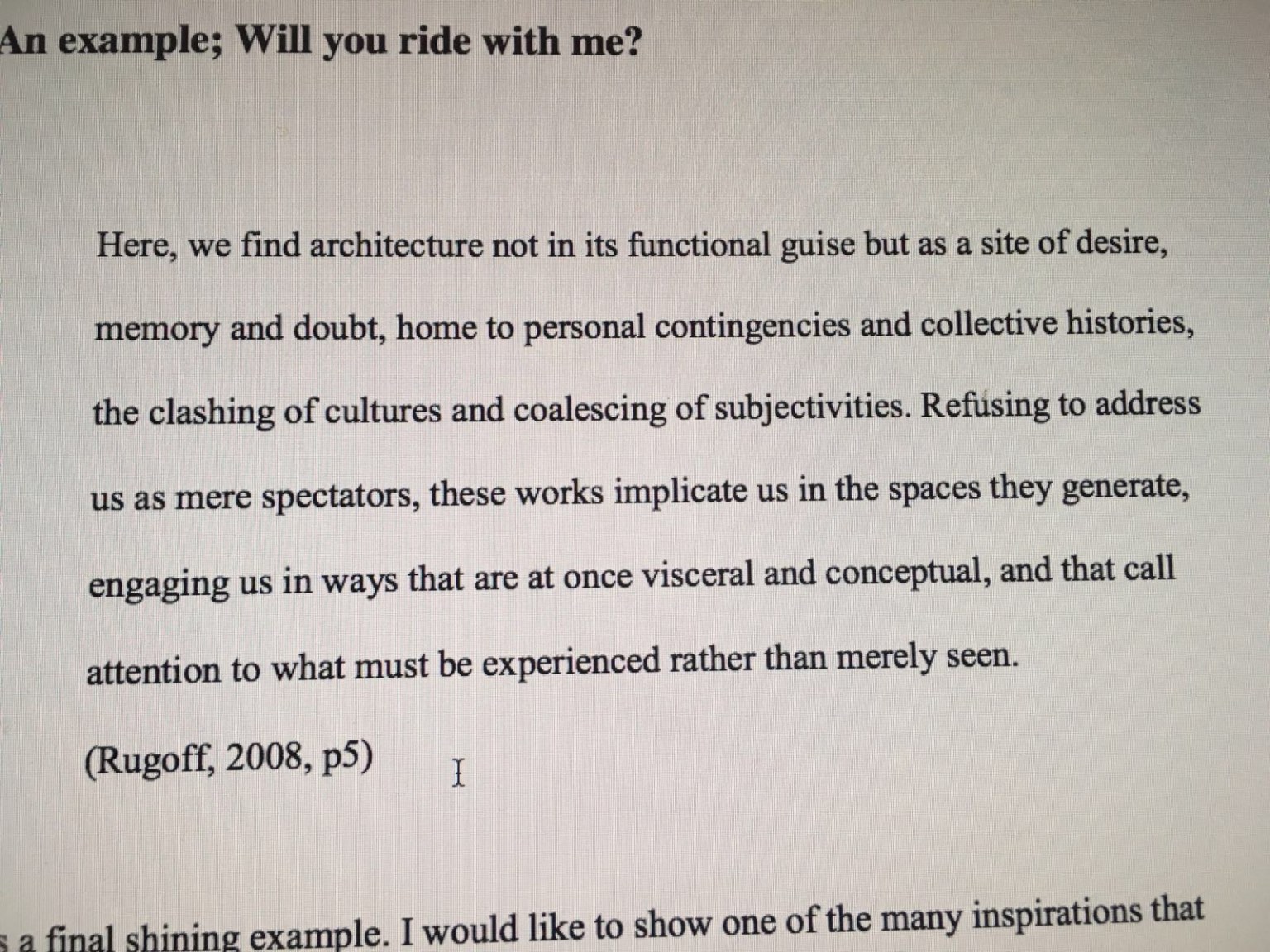
Communicating shared heritage: Summer School assignments
Find here the 4 assignments given to Tanzanian and German students to orient them in searching for shared heritage in Berlin's urban ...
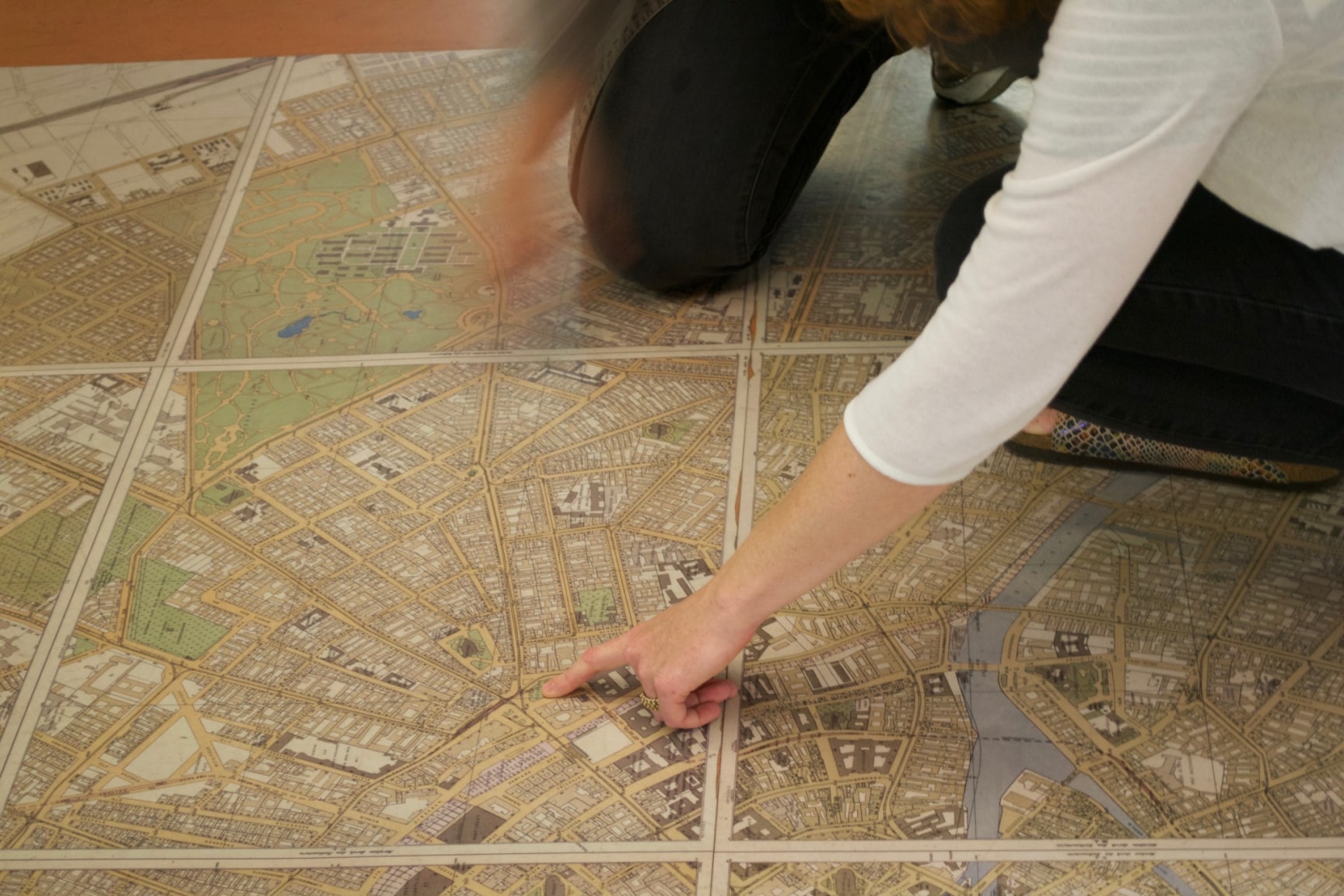
Thinking about archives: quotes and references
A series of quotes and references that guided our reflexion in the Berlin Summer School –collaboration between TU Berlin and Ardhi, Dar
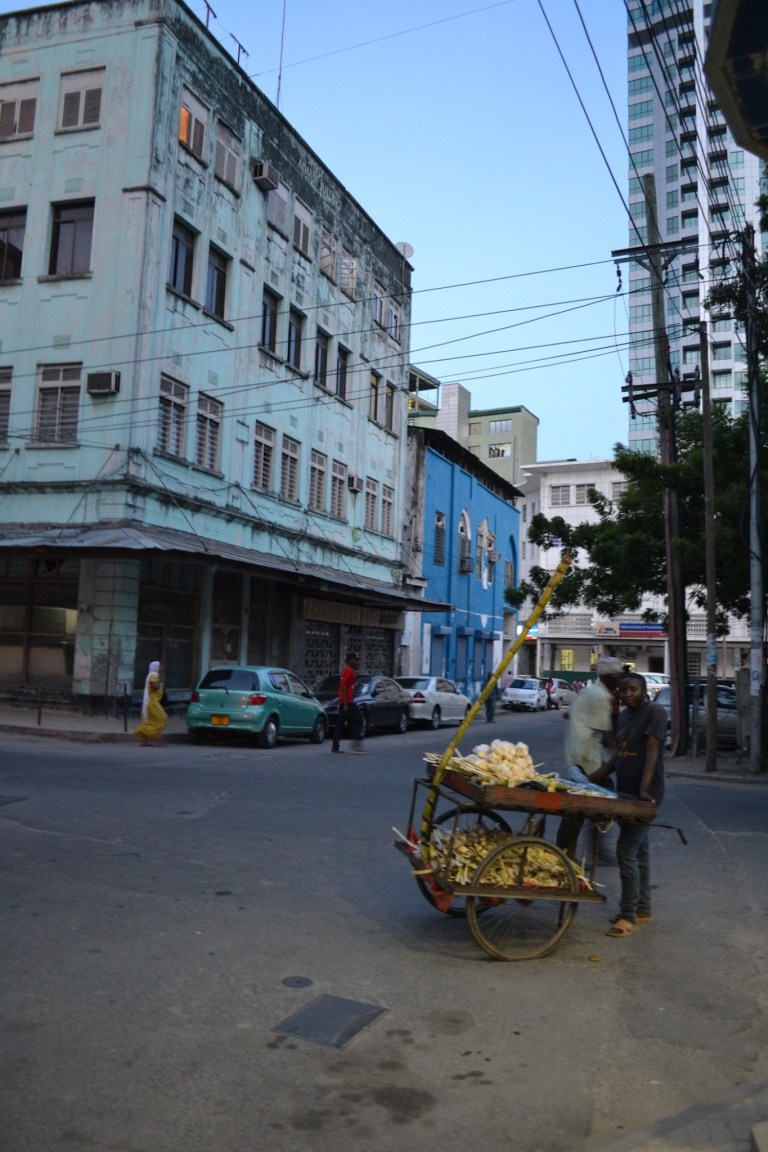
Writing about the city
Some examples of great narratives that build a vivid, sensitive, sometimes shocking or unconventional picture of the Urban:
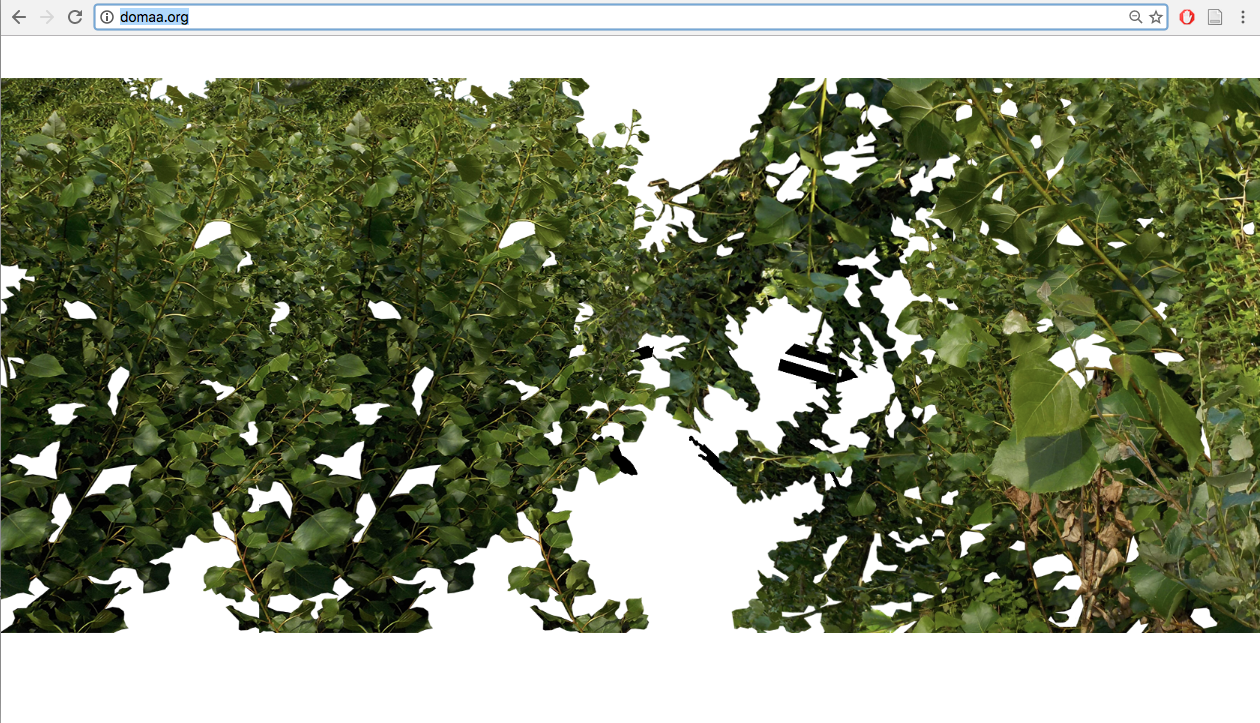
DOMAA
DOMAA (2016) – Patrycja Stal, Adrian Taylor visit the DOMAA platform here: www.domaa.org RESEARCH STATEMENT “Urban space is
Mass Tracker
Mass Tracker is a platform designed proposed by three students from the Simulizi Mijini research studio to research, communicate and ...
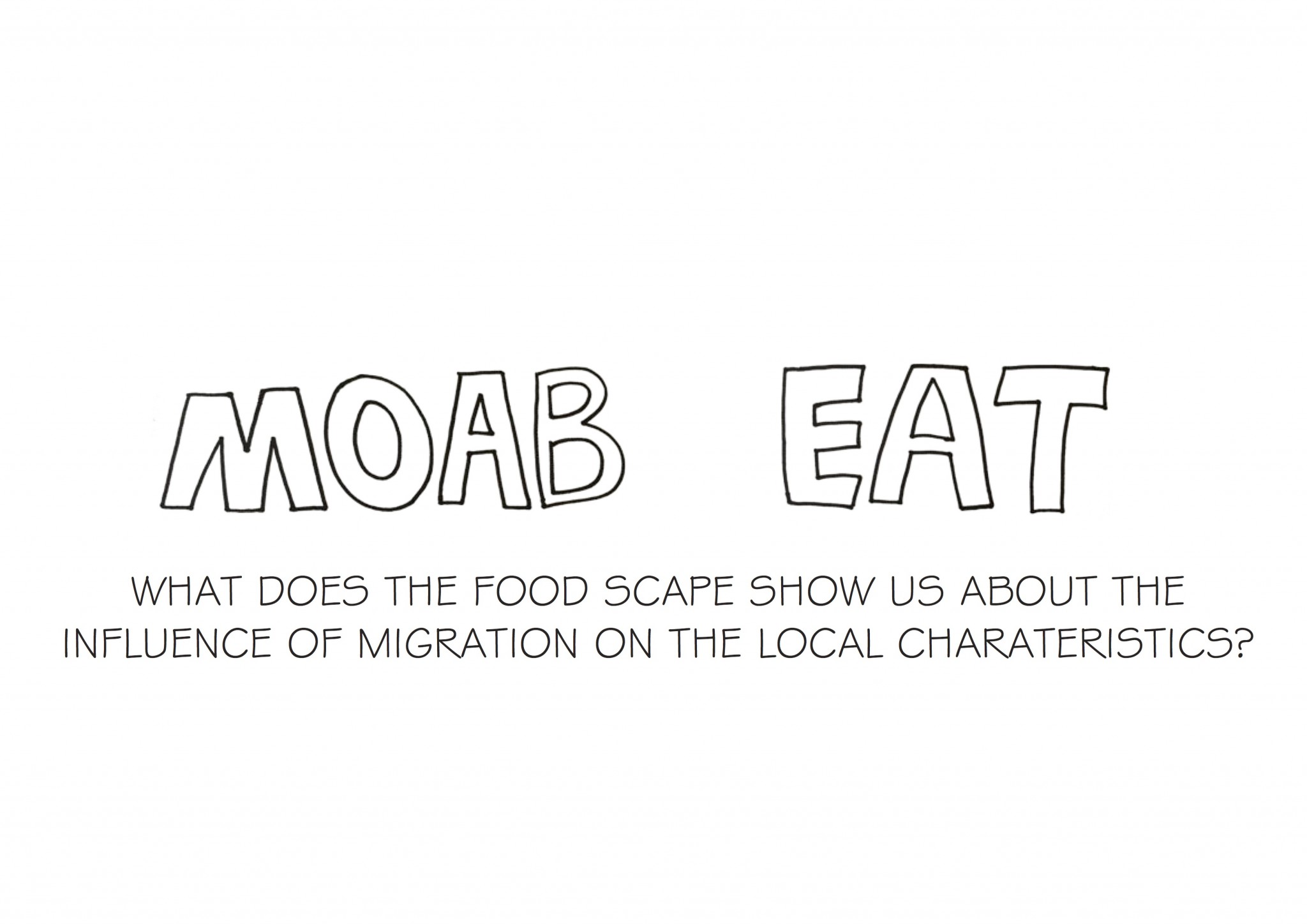
MOAB EAT
Moab Eat is a platform designed proposed by three students from the Simulizi Mijini research studio to research, communicate and ...
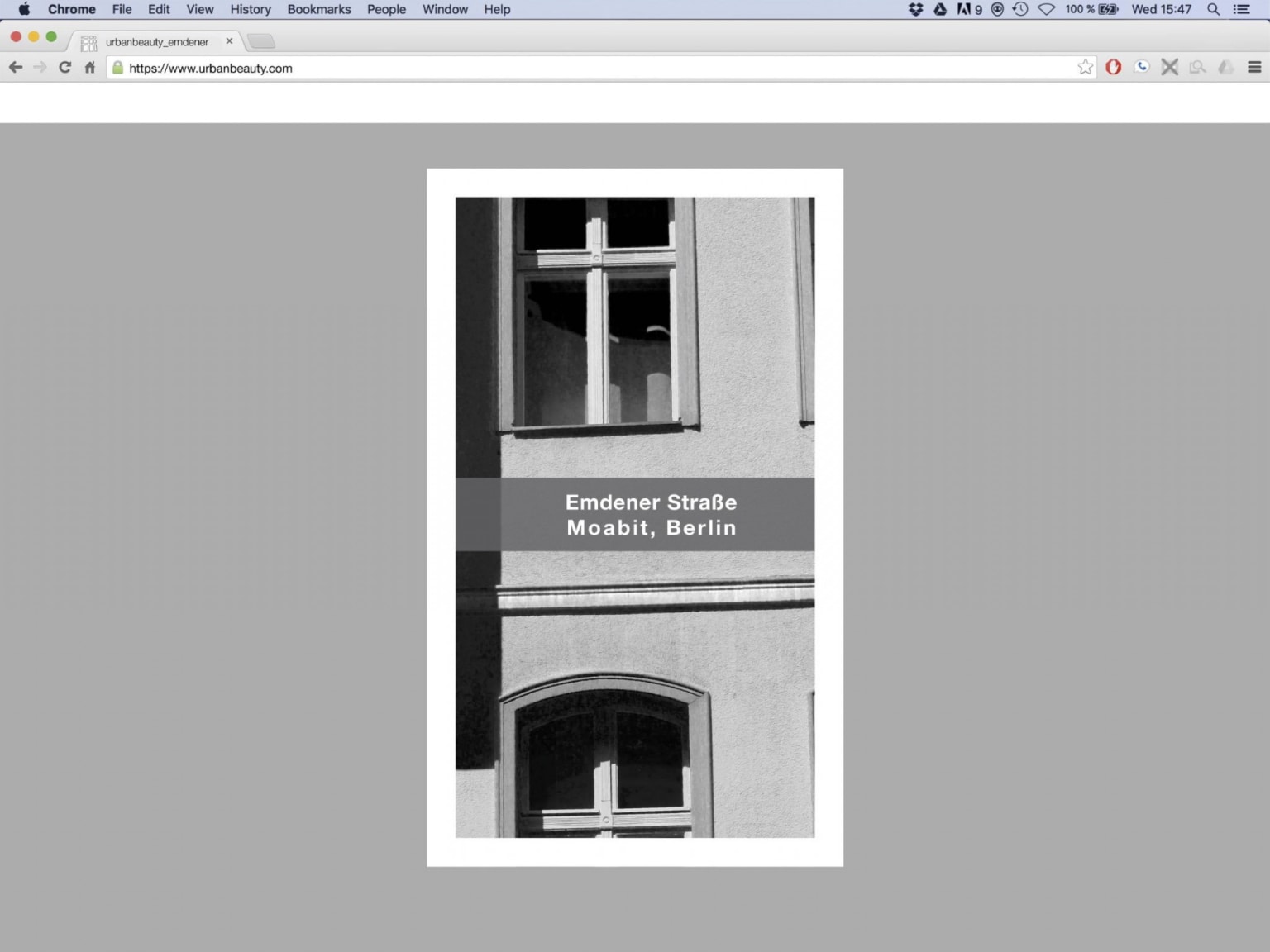
Urban Beauty
Urban Beauty is a platform designed proposed by three students from the Simulizi Mijini research studio to research, communicate and ...
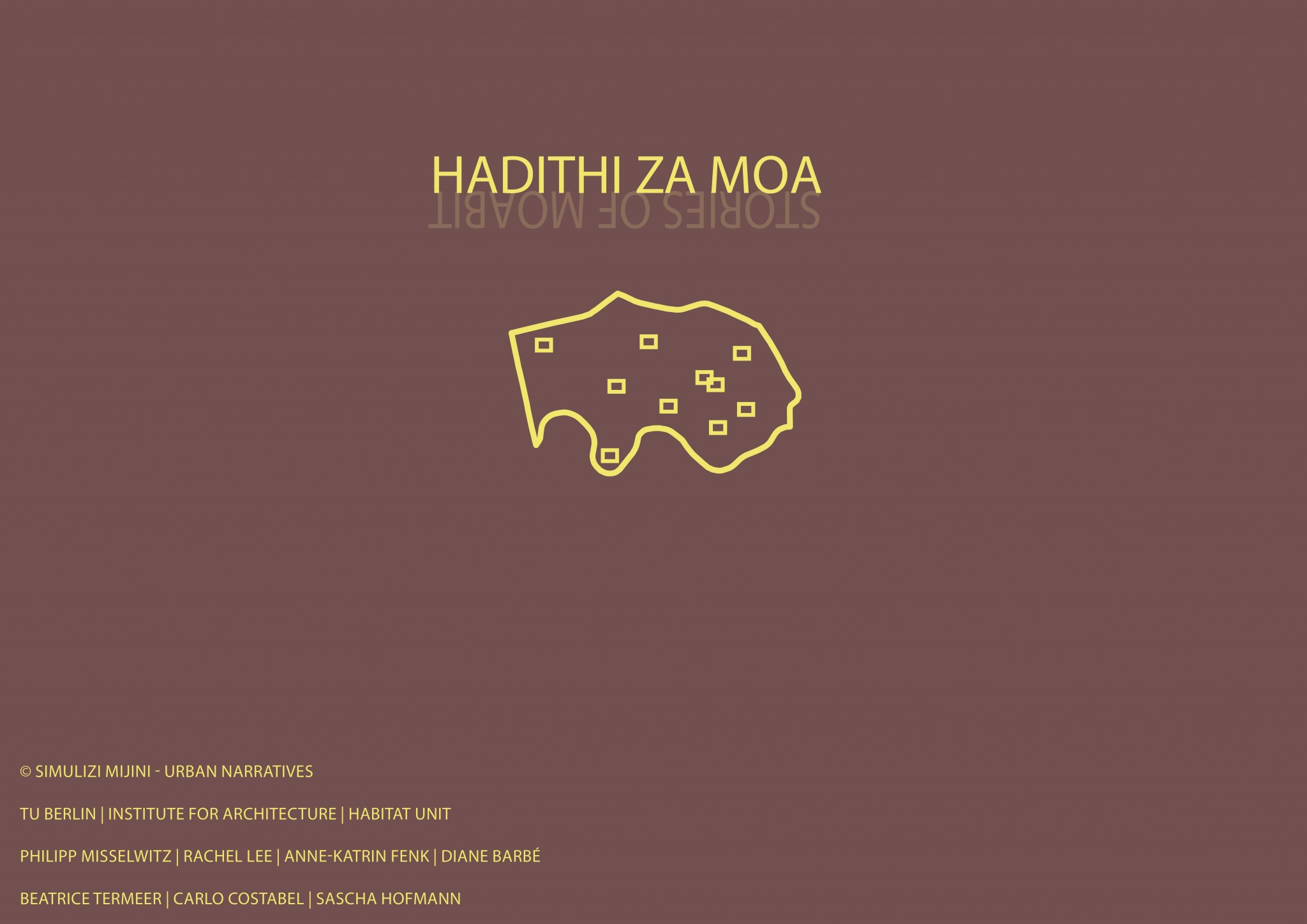
Hadithi za Moa
Hadithi Za Moa is a platform designed proposed by three students from the Simulizi Mijini research studio to research, communicate and ...
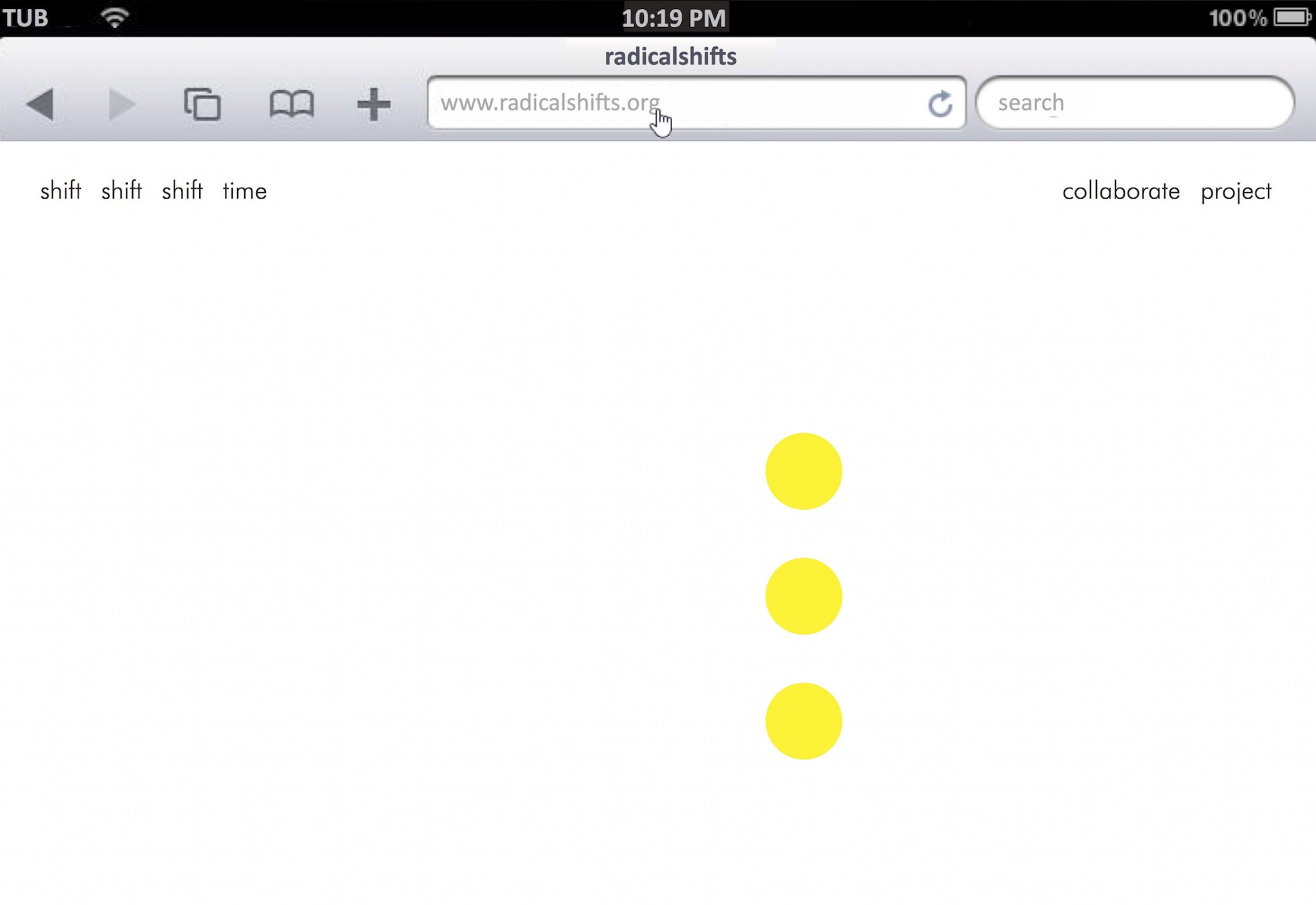
Radical Shifts
Radical Shifts is a platform designed proposed by three students from the Simulizi Mijini research studio to research, communicate and ...
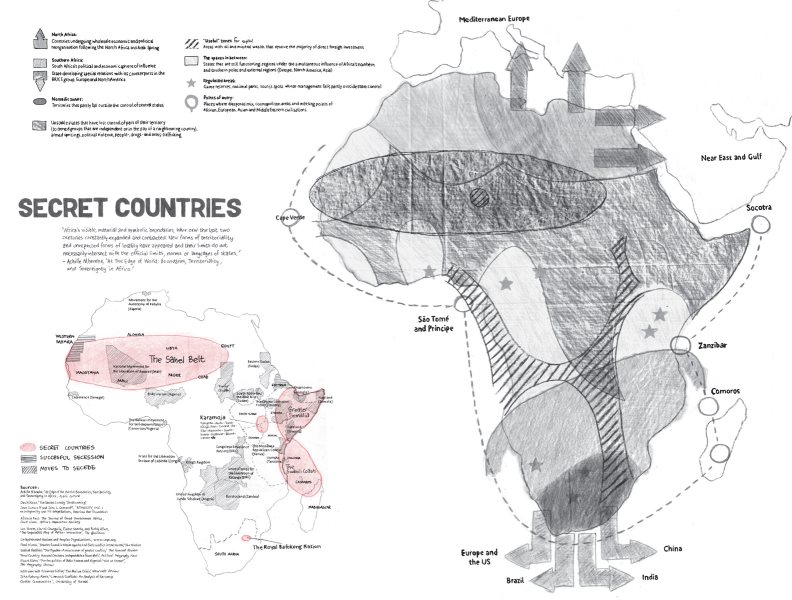
Chimurenga Chronic: New Pan-African Cartographies
The Chimurenga Chronic is a pan-African publication borne out of the need to question Western-based conceptual mappings and ...
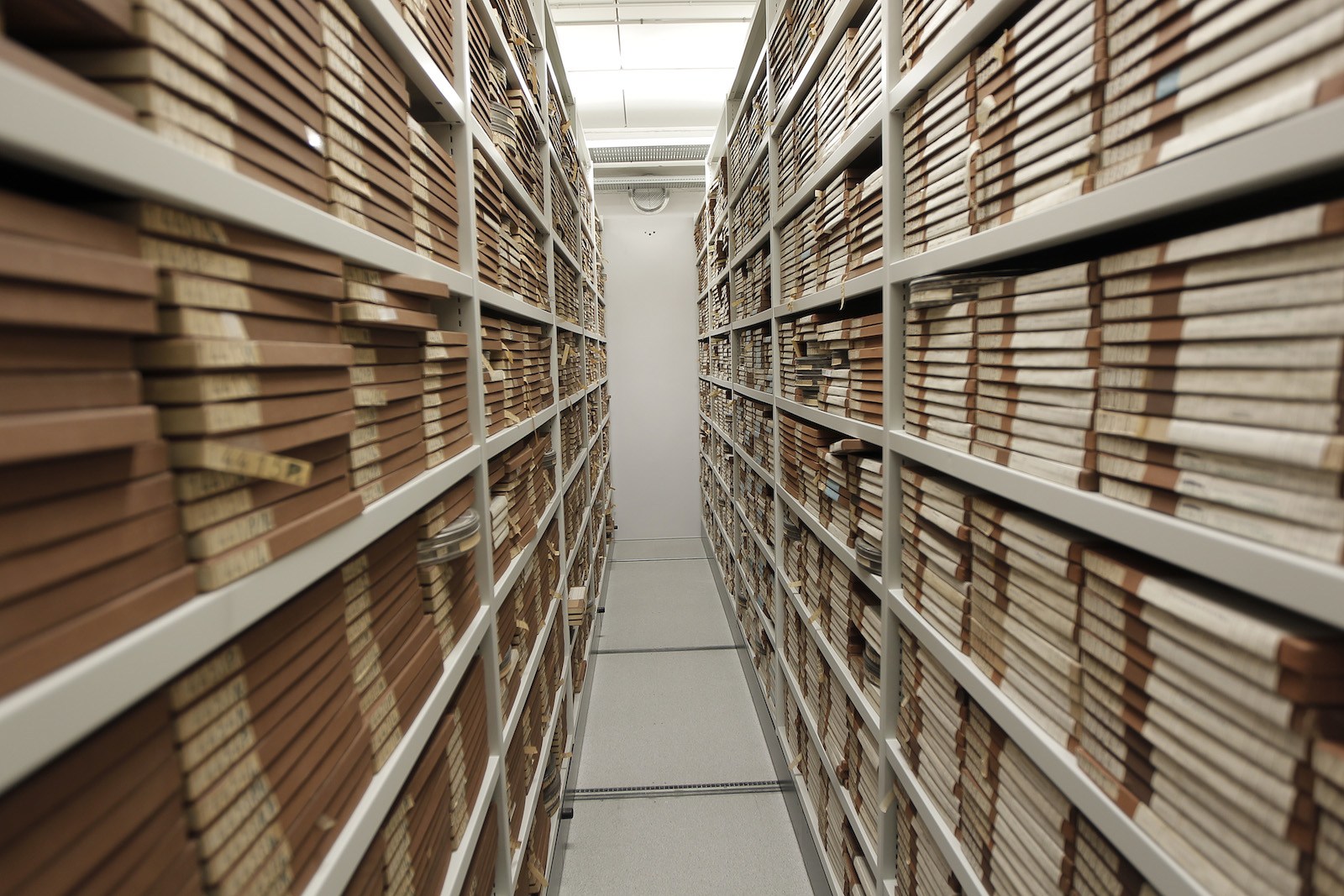
Researching heritage: online archives
In her two-part article published on e-Flux, Innovative Forms of Archive, Nataša Petrešin-Bachelez describes the ways that Eastern ...
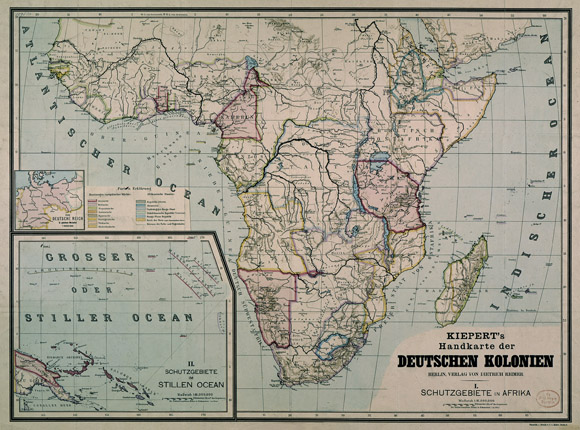
Afrikanische Viertel in Berlin: a PostKolonial Take On The City
How is Germany's little known colonial history still archived in the city? Reflexions from Berlin Postkolonial.
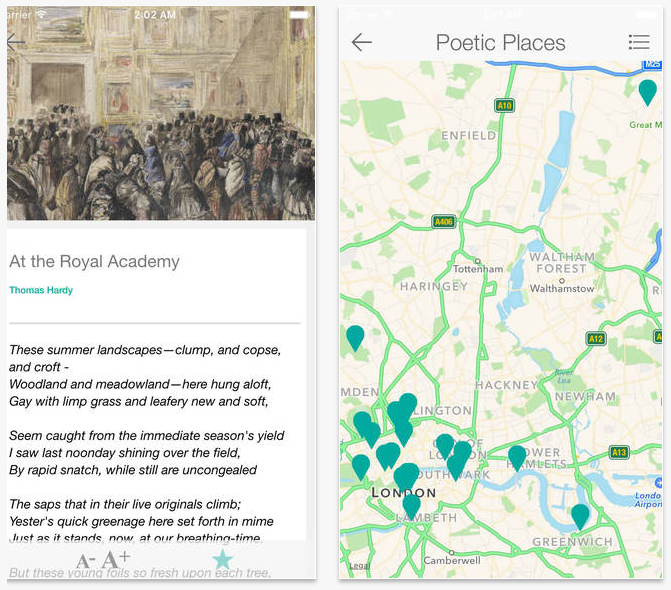
Poetic Places
Poetic Places is a free app for iOS and Android devices and the main outcome of a collaboration between Sarah Cole of TIME/IMAGE and ...
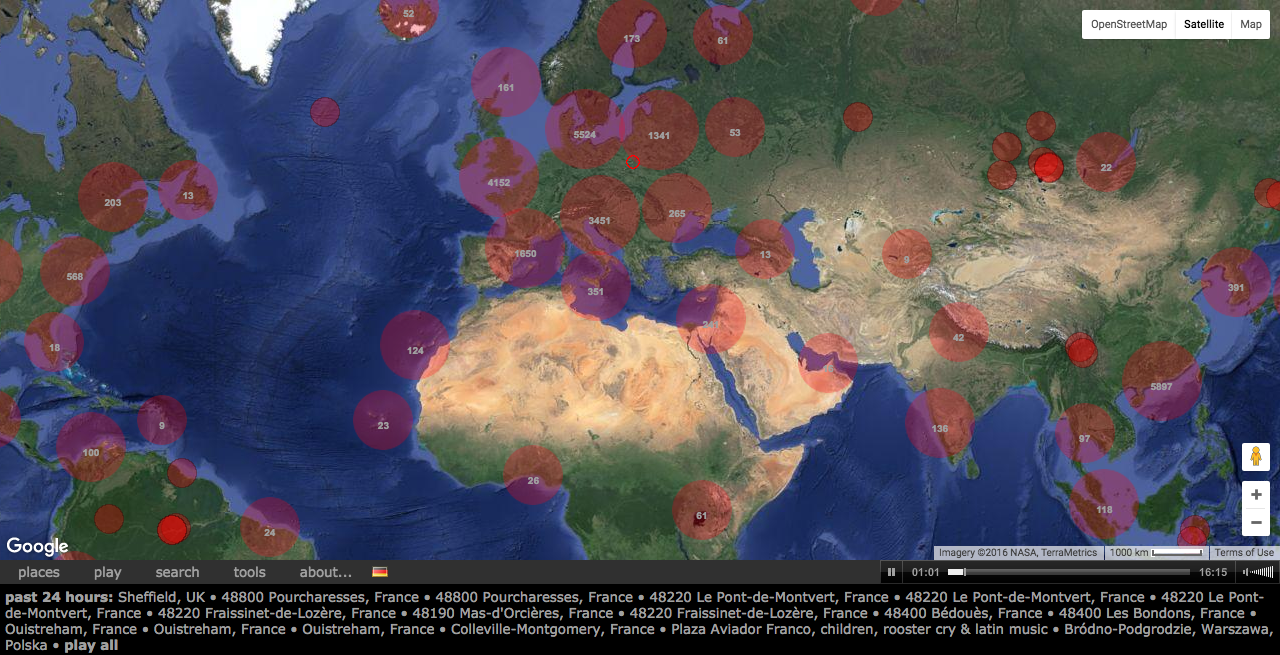
Radio Aporee :: world soundscapes
Radio Aporee is a global soundmap dedicated to field recording, phonography and the art of listening. The atlas comes from ...
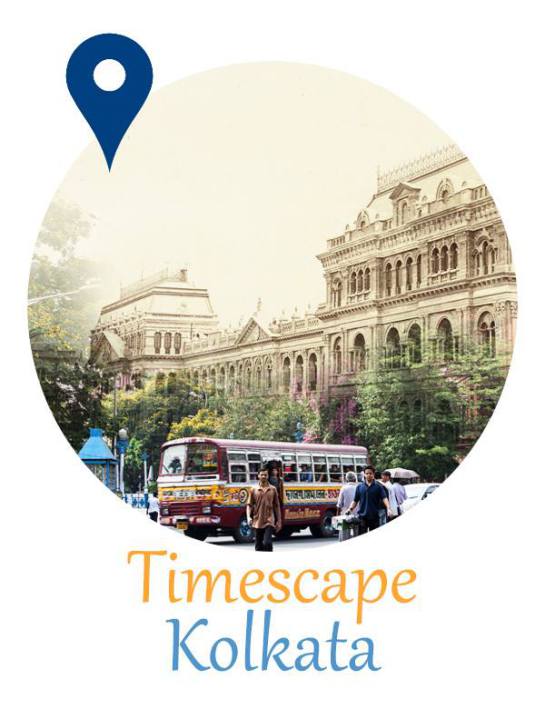
Timescape Kolkata: Envisioning the Indian City
‘Timescape: Kolkata’ is an Augmented Reality app implementation that allows mobile-phone users to explore rare archival images and data
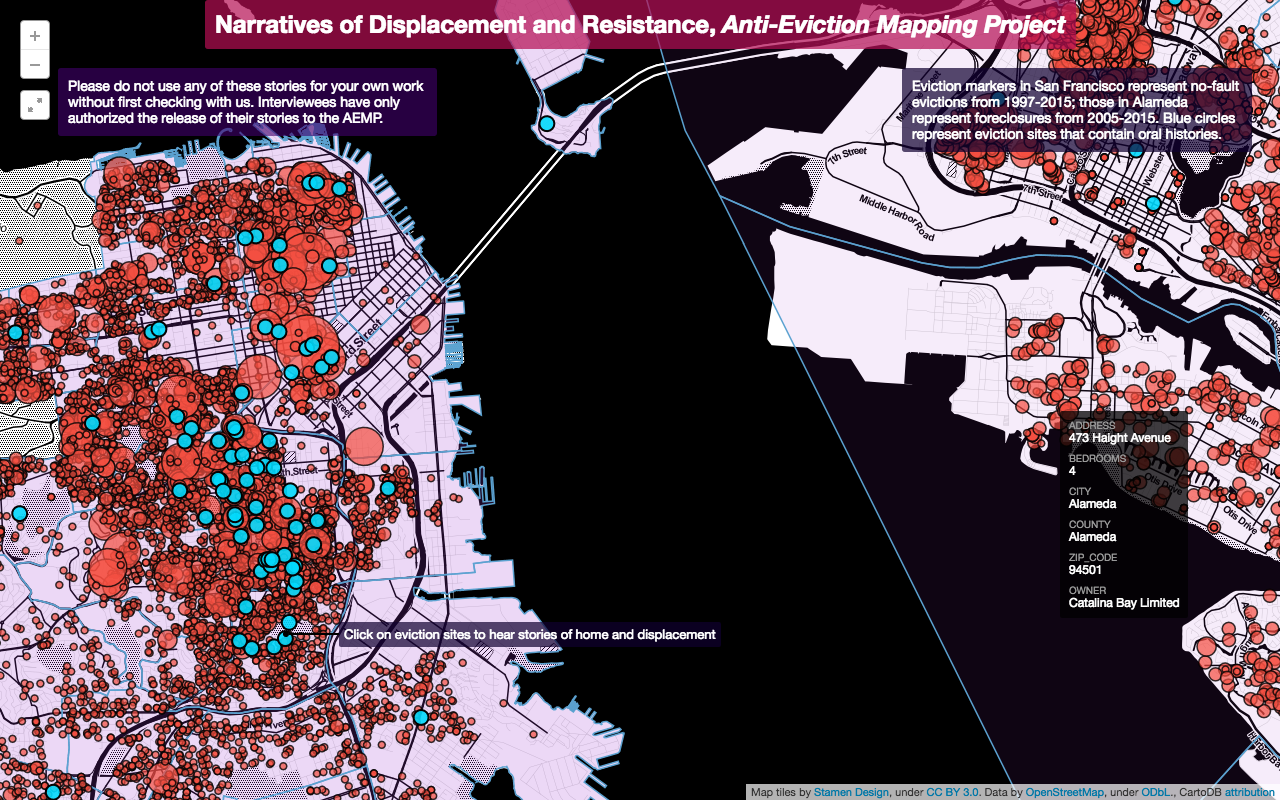
Anti-Eviction Mapping Project
Documenting the dispossession of San Francisco Bay Area residents. The Anti-Eviction Mapping Project is a data-visualization, data ...
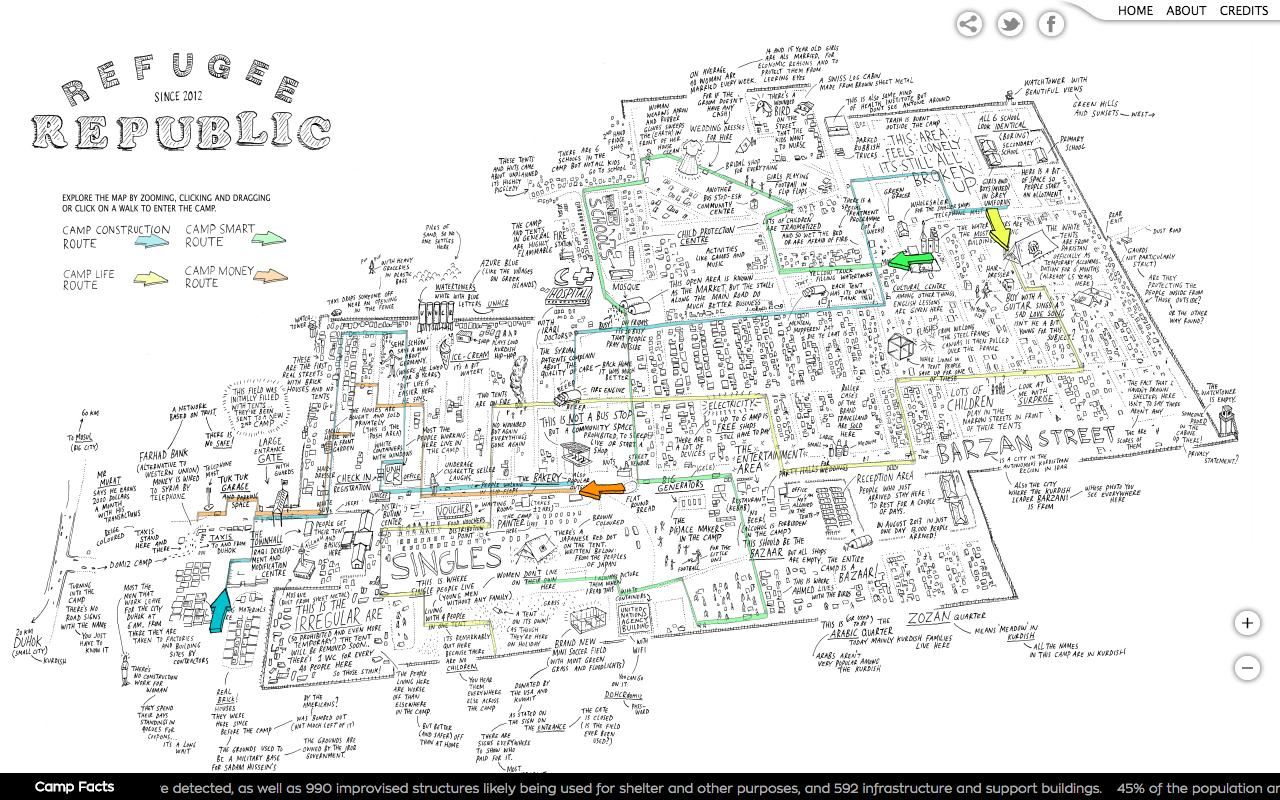
Refugee Republic
Refugee Republic is an interactive transmedia documentary about everyday life in Domiz Camp, a Syrian refugee camp in northern Iraq. ...
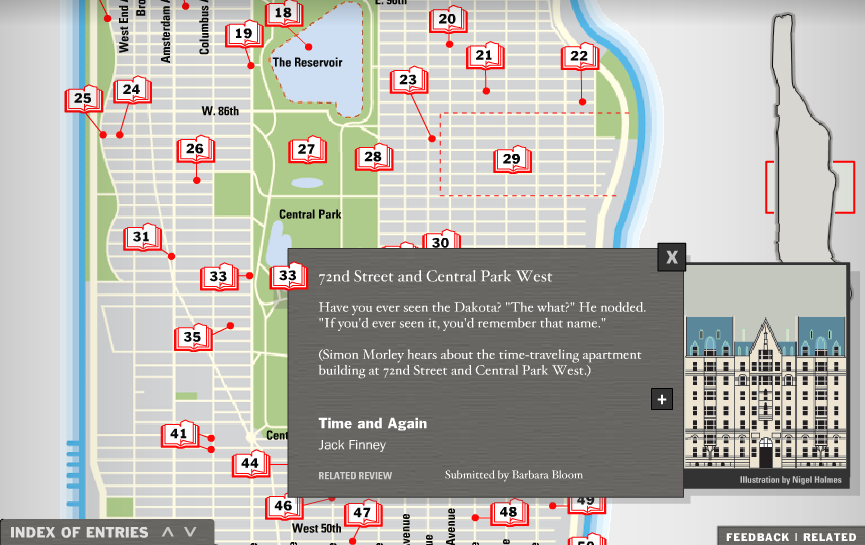
A Literary Map of Manhattan
A project by Randy Cohen and Nigel Holmes, supported by the New York Times’ Book Review. >> A Literary Map of Manhattan
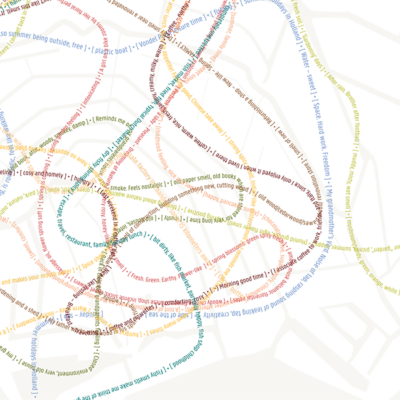
Sensory Maps: Urban Smellscapes
Smells form part of our knowing, but are elusive, often disappearing before they can be pinned down. Smell perception is an ...
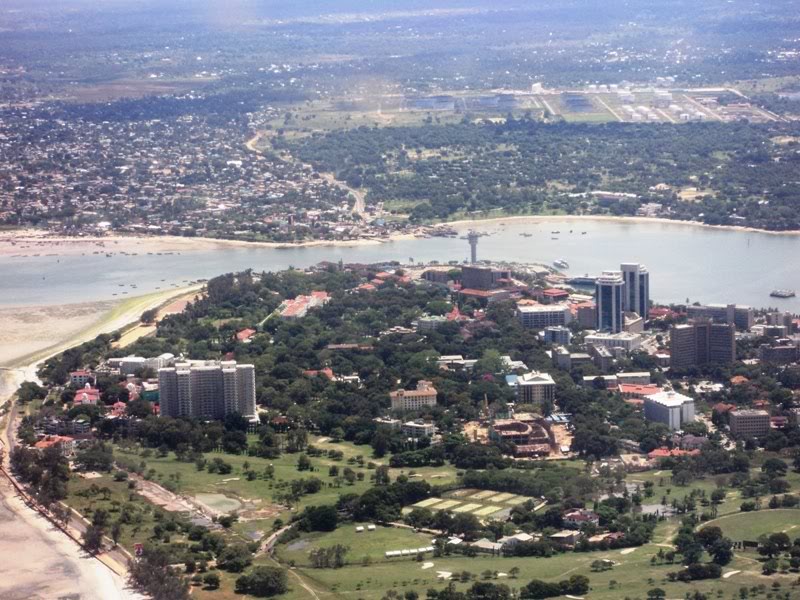
Researching Dar es Salaam – A Bibliography (2)
A selection of readings questioning Northern epistemologies in urban studies and aiming to "decolonize" academic discourses about ...
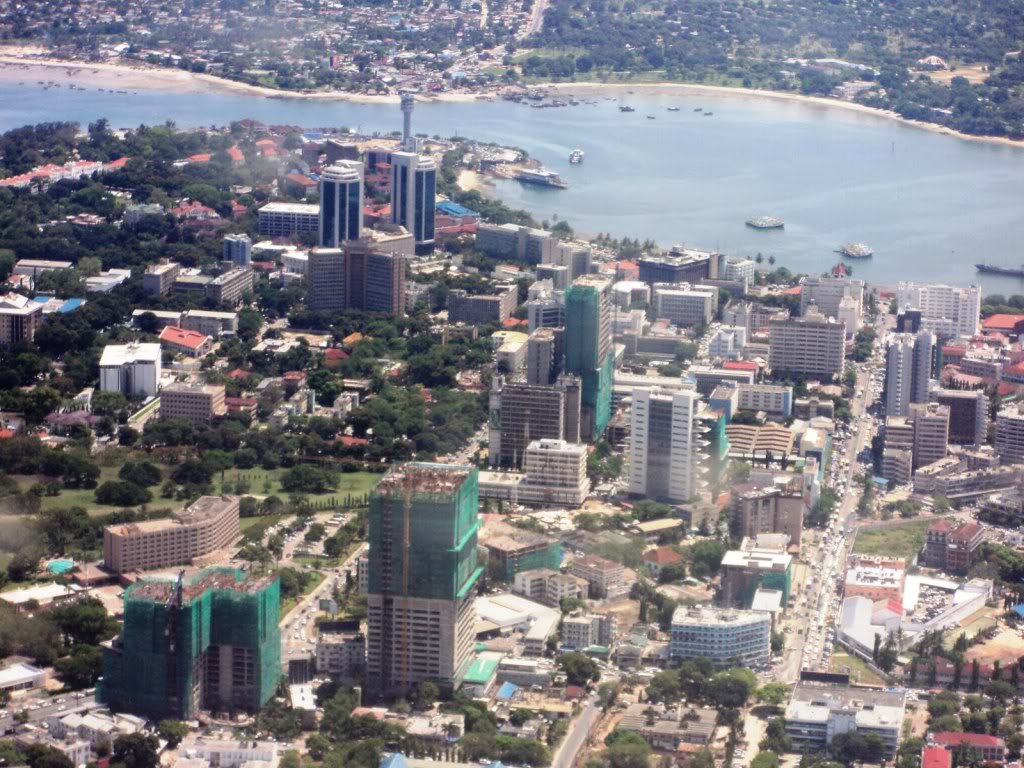
Researching Dar es Salaam – A Bibliography (1)
A selection of readings focusing on the urban history of Dar es Salaam, Tanzania, in the 20th century.
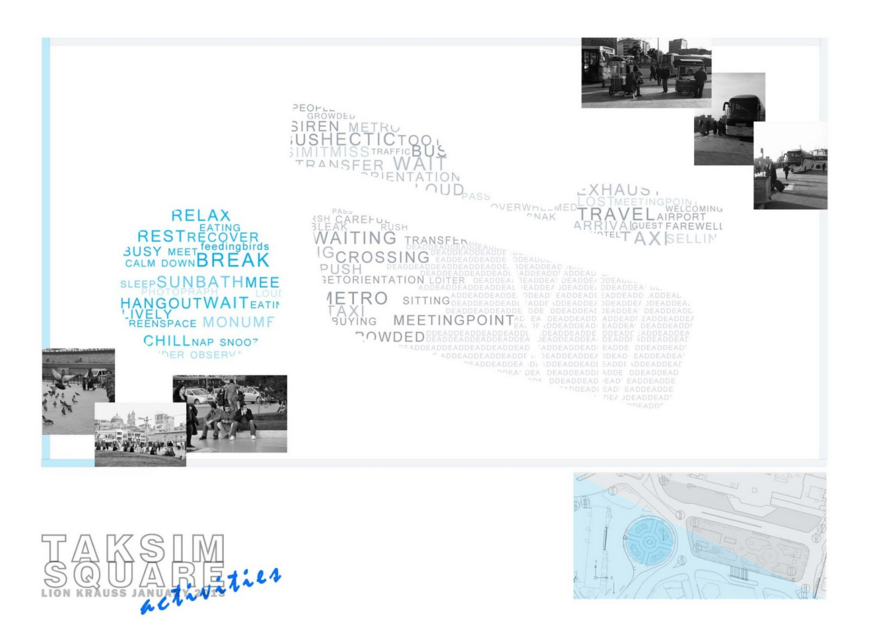
Taksim Topographical Practices
Between 2012 and 2013, students from the University of Tehran conducted various mapping projects aimed at documenting the (un)famous ...
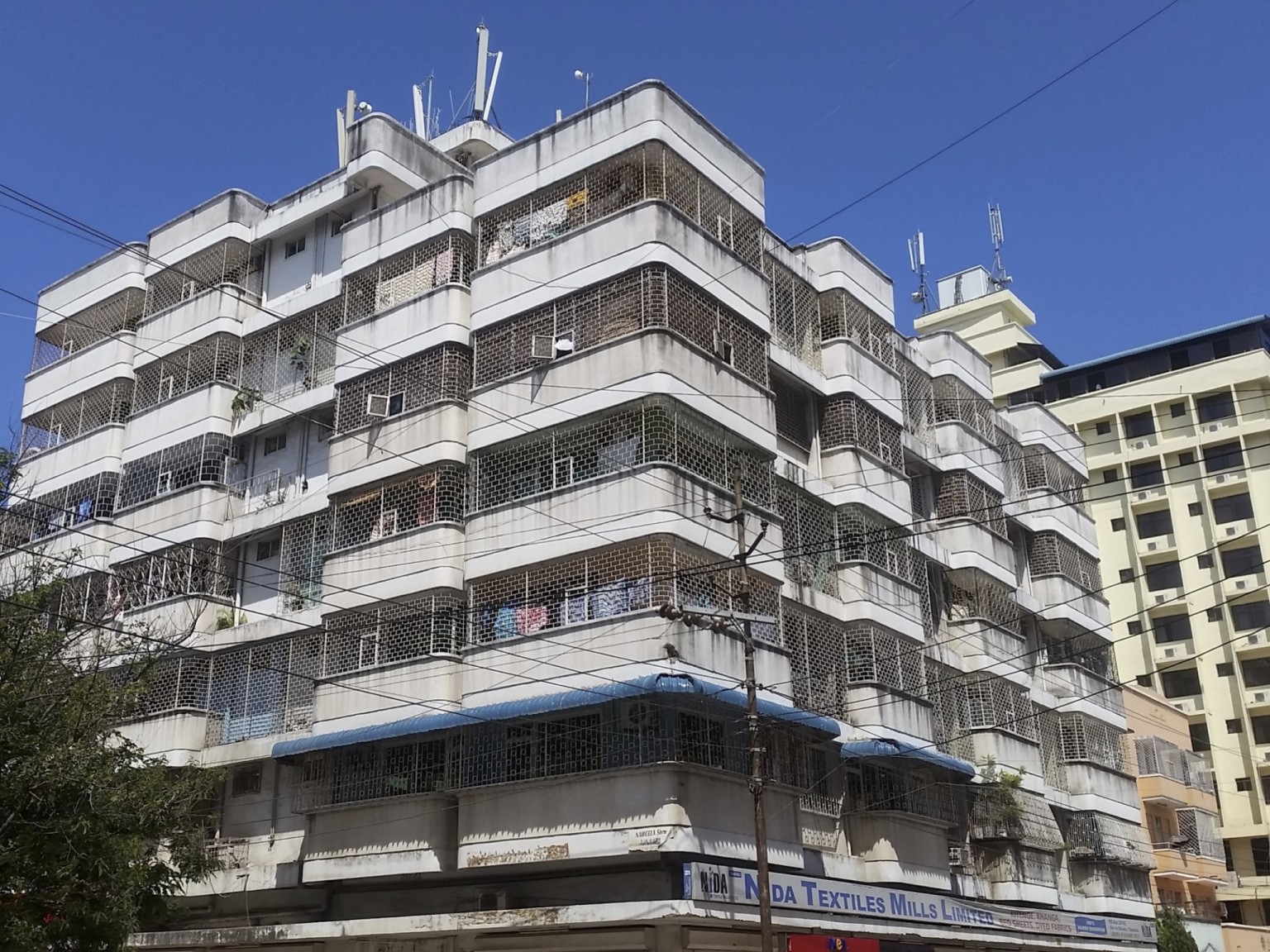
Flanerie and the passive observer: how to record the city?
What to make of the derive in the age of tracking systems? Can we envision this data collection method as a qualitative way to observe ...
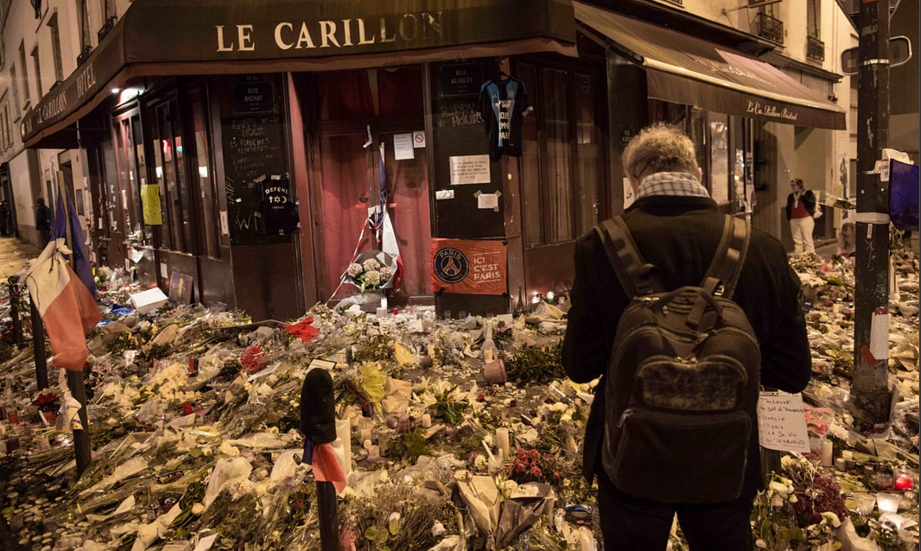
Mapping attacks and trauma in the city: the Paris case
A look at the production of history around the Paris attacks –how do the virtual and the built environment become Lieux de mémoire?
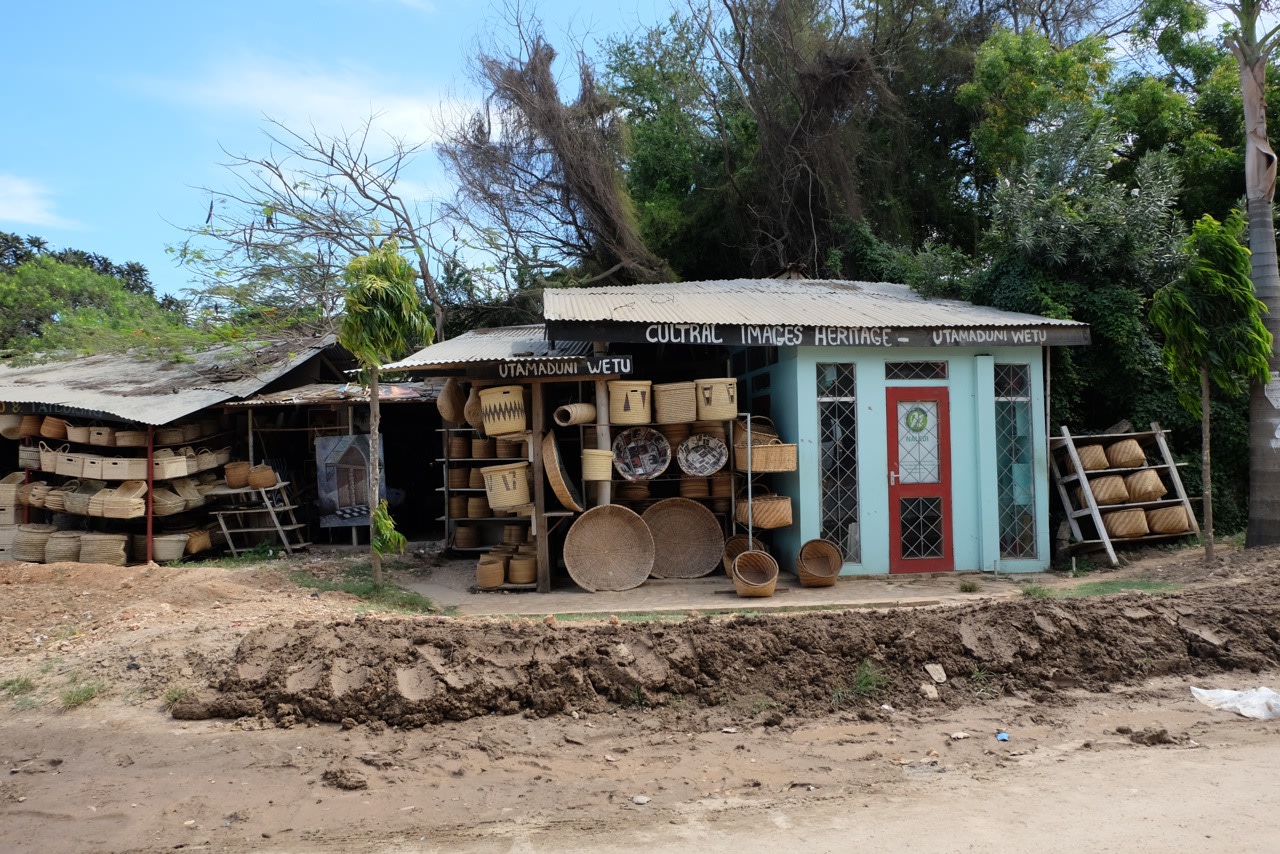
Heritage in the context of global urban studies
Simulizi Mijini has a comparative, empirical approach to global urban studies, to go beyond Eurocentrism and make room for voices from ...
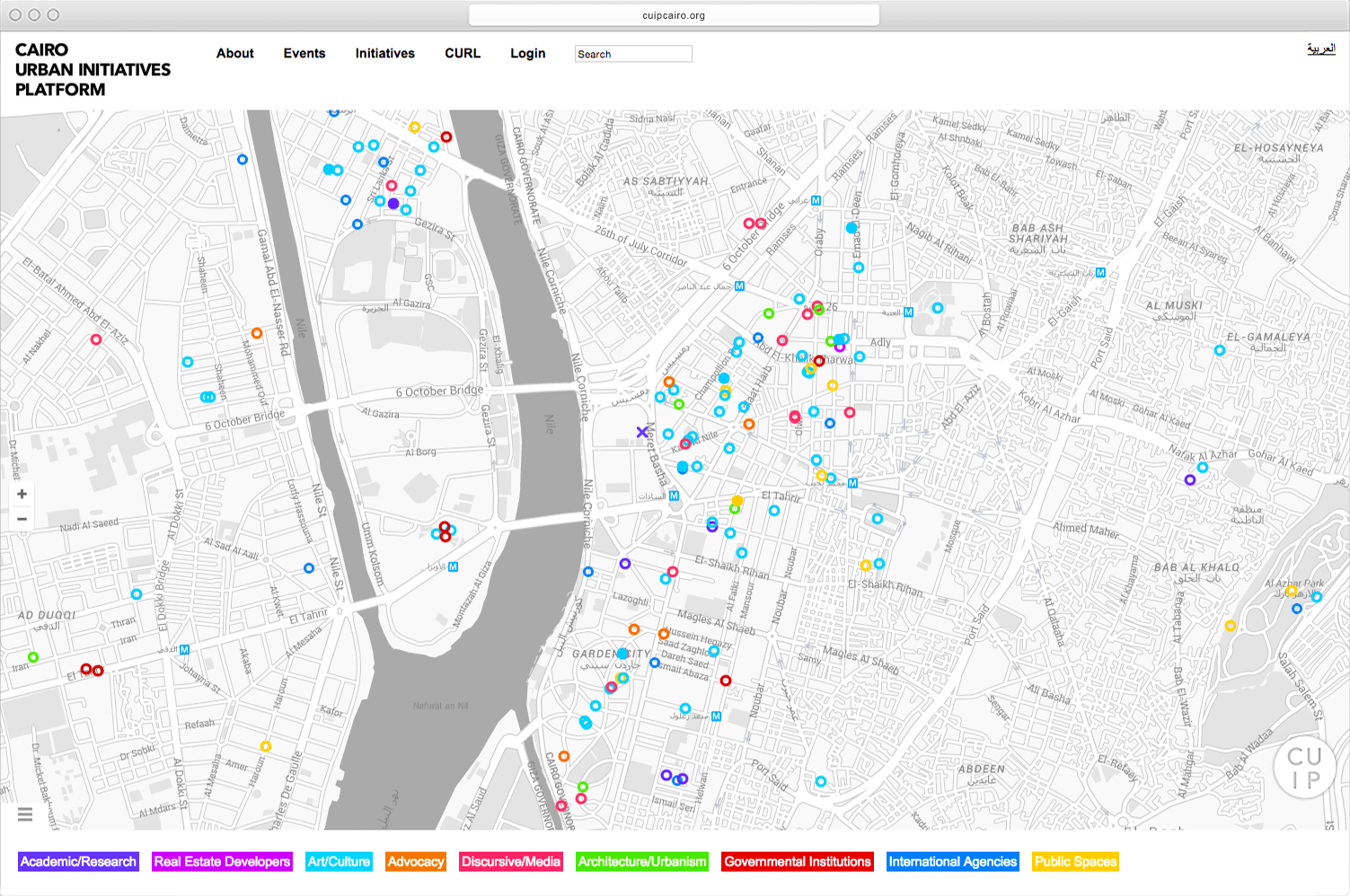
CLUSTER Cairo Mapping initiative
CLUSTER –Cairo Lab for Urban Studies, Training and Environmental Research is an initiative that establishes a space for critical urban ...
